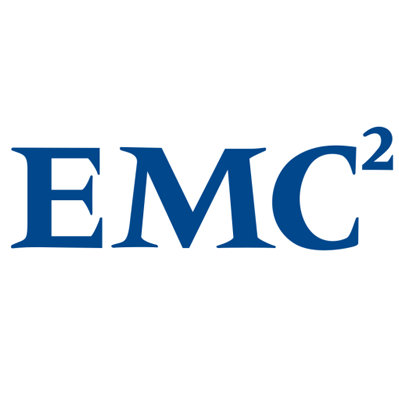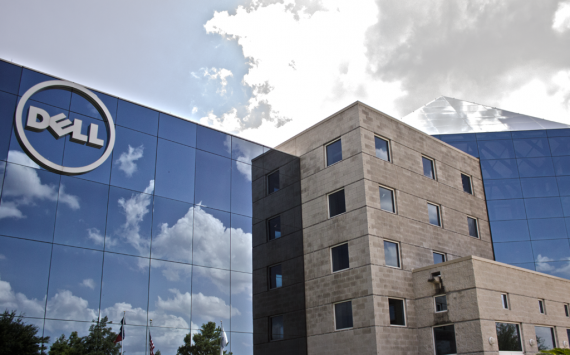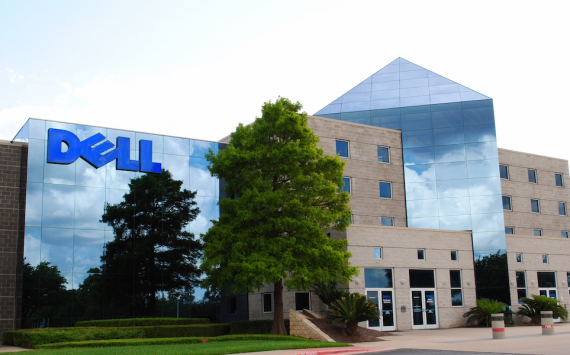Description
EMC is an American company and one of the largest manufacturers of data storage systems for organisations and related products. It was founded in 1979 and taken over by Dell Corporation in 2016. Its headquarters were located in Hopkinton, Massachusetts. Some well-known products: Symmetrix storage networks, VMAX, Isilon NAS system, Atmos content-addressable storage system, ScaleIO software-defined storage networks, Data Domain backup system.
History
Founded in 1979 by former Intel employee Richard Egan and Roger Marino. In 1981 the company introduced its first 64KB memory chip for Prime computers and started developing chips for other computers.
In the mid-1980s, the company abandoned memory production and focused on creating disk and network storage devices. In 1990, the Symmetrix storage network, developed by a team led by Moshe Yanai, entered the market and became a key system in the company's lineup, generating explosive growth in EMC revenue in the 1990s. By the time Moshe Yanai left in 2001, his development team was several thousand people. His main competitors on the storage market in the 2000s were IBM, NetApp, Hewlett-Packard and Hitachi Data Systems. In the 2000s, the product line expanded significantly, with the addition of hardware and software products.
The company's shares were traded on the New York Stock Exchange under the ticker EMC; as of the 2000s, 80% of the company's shares were owned by institutional investors; its capitalisation as of February 2007 was $32.16 billion and its workforce was about 60,000 people. Revenue in 2008 was $14.9 billion, net profit was $1.35 billion and investments in development and research accounted for approximately 10% of the company's turnover.
On 12 October 2015, Dell signed an agreement to acquire EMC for $67 billion, the largest transaction in the history of the IT industry. On 7 September 2016, EMC ceased to be an independent company, becoming a division of Dell under the name of Dell EMC. As of the end of the 2010s, the "Dell-EMC" brand was retained in a number of legacy products for the corporate market.

























